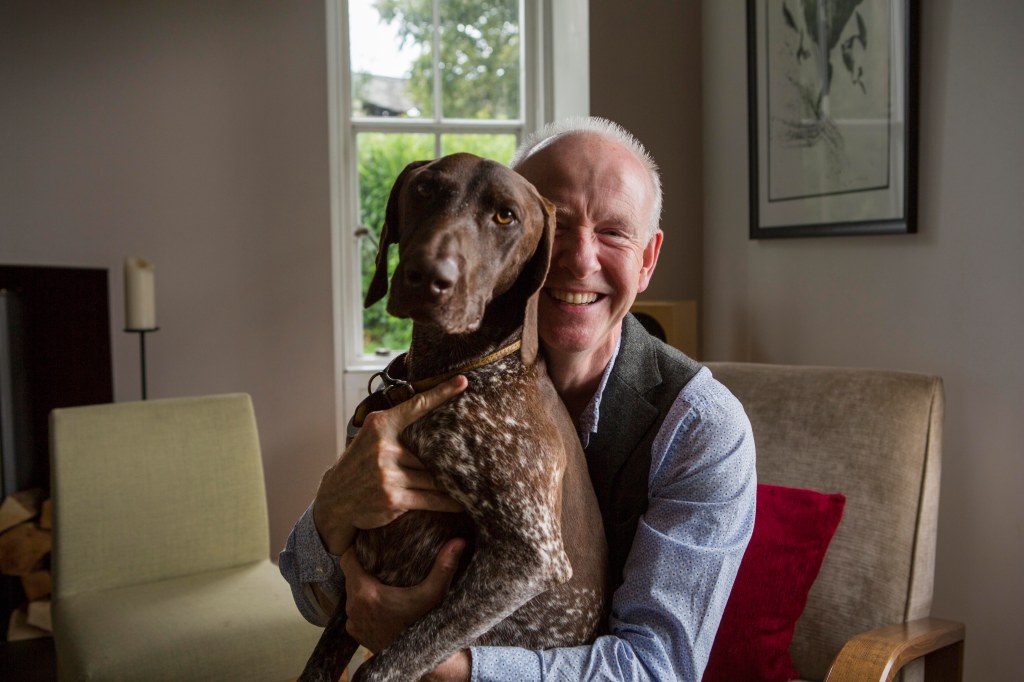We’ve all been there. We display our precious baby for everyone to admire. But instead, they tell us how ugly it is! This week, Paul K Joyce tells us, with just a musical hint, about the trials and tribulations of joining a critiquing group.
“As a result of being shortlisted in the Nottingham Writers’ Studio competition: ‘Black Lives’, I was published (nice), and offered a year’s free membership of said organisation (very nice!). Much of what they offer you have to pay for, but they proposed free, bi-monthly critique groups which I knew would be useful for getting honest feedback. Don’t misunderstand me. I was not enthusiastic about this—quite the opposite. I know what a bit of ‘honest feedback’ can do to a writer’s morale and so it was with some trepidation that I agreed to participate in hour-long morning sessions.
Being an ambitious kinda guy, and buoyed by the endorsement of being published, I submitted an excerpt from a short story I was preparing for the Bridport Short Story Prize. It’s a prestigious competition, and one that agents and scouts take notice of, so I’d really put a lot of effort and time into the manuscript. I wasn’t quite prepared for what followed. I came away from the first session demoralized, angry, upset and other equally negative emotions that made me doubt my ability to write.
It goes like this: you give your all, your everything (I’m not Barry White by the way, despite doing well in a George Floyd-inspired competition). You feel you’ve created something that sums up everything you’ve learned (hard won, I might add) about writing, and then some. You’ve moved onto the next level… people are going to sit up, take notice. You get my drift.
However, I received comments like: “There are too many adjectives,”… “It could be shorter,”… “I don’t know where the story is going.”
I felt a desperate heat rising inside me as these verbal broadsides dented, bruised and battered my confidence. Now, I hear you say: but what if these comments are correct? Fine. But I didn’t want general, sweeping comments. I wanted detail, a finessed critique—a way forward (if indeed there was merit in the critique). These comments came from a published writer, with the other two contributors vastly less experienced, so that’s why it hurt. I came away from the Zoom encounter, wanting never to repeat the experience.
Days went by.
Then, unexpectedly, things became slowly better.
One of the ‘vastly less-experienced writers’ (I repeat that to admonish myself for such a judgmental stance!) came back with detailed notes on my piece. It turns out that she has a genuine talent for editing. I also decided to dust myself off and put my best foot forward (isn’t it lovely to be able to use clichés) and fully engage with the published writer’s comments. I rejected them. Something like the warm glow of confidence and self-belief flowed back into me (you see, that’s a nice, writerly sentence—I can do it!) and I began to see the merit of my words and ideas.
I Zoomed with them again, and it was a more positive experience. It was even better the third and fourth times. They like my writing. Learning how to deal with forthright comments and to understand that even what can feel like the most hurtful opinion, if it’s coming from someone who knows their stuff, is useful. I think all honest critique is ultimately helpful.
My short story improved immeasurably, and I asked for a critique of the finished work. I submitted it and await a response.
Speaking personally, I think I might live in a bit of a bubble. People rarely say what they really think and therefore it’s easy not to see and understand ways in which a perfectly well-written, competent script might become brilliant—world-beating. So bring it on. I’m ready. I know I can do it. As long as I have love, I know I’ll stay alive. I’ve got all my life to…
That really is enough, Gloria. Over and out.”
Paul K Joyce

